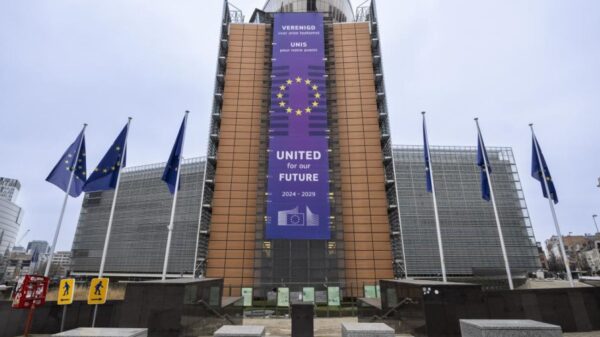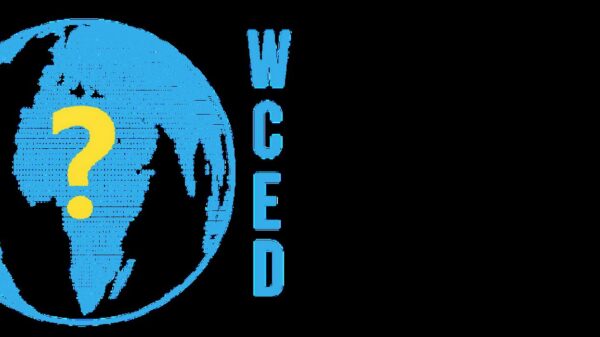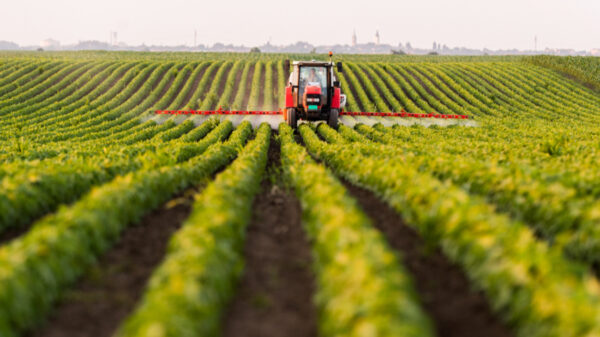More than 171 trillion bits of plastic are swilling around the world’s oceans, say scientists.
The plastic takes hundreds of years to break down to be less harmful.
In the meantime, it kills fish and sea animals.
The soup of plastic polluting oceans risen from 16 trillion pieces in 2005.
It’s feared it could triple by 2040 if action is not taken.
Now, nations have signed the UN High Seas treaty aimed at protecting 30 per cent of the world’s oceans.
Prof Richard Thompson at Plymouth University said the estimate adds to what scientists know about marine pollution.
He said: “We are all agreed there is too much plastic in the ocean.
“We urgently need to move to solutions-focused research.”
Single-use plastics like bottles, packaging, fishing equipment or other items break down over time into smaller pieces due to sunlight or mechanical degradation.
Whales, seabirds, turtles and fish mistake the plastic for their prey and can die of starvation as plastic fills their stomachs.
Plastics can be found in our drinking water.
And microplastics have been found in human lungs, veins and the placenta.


































